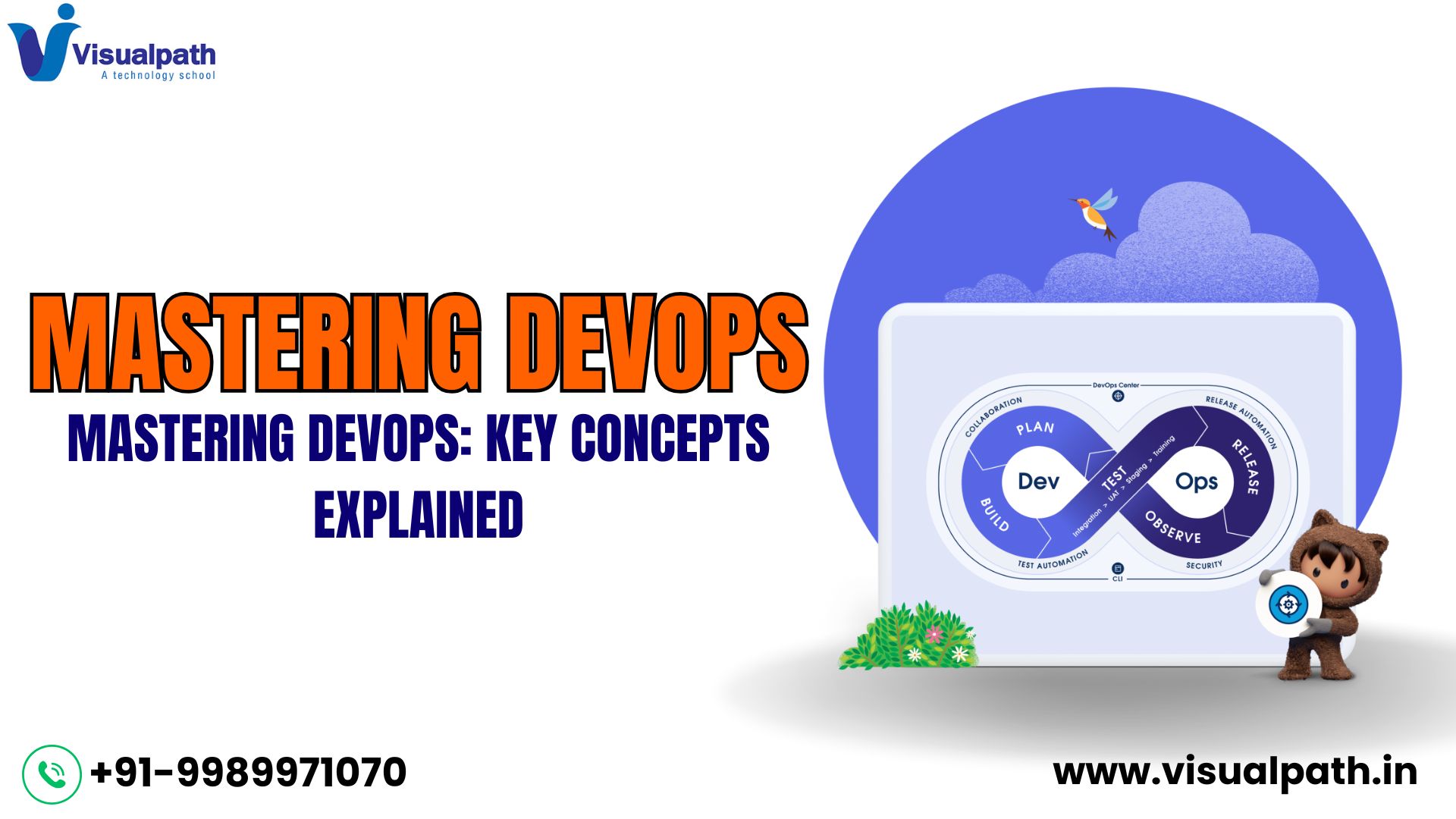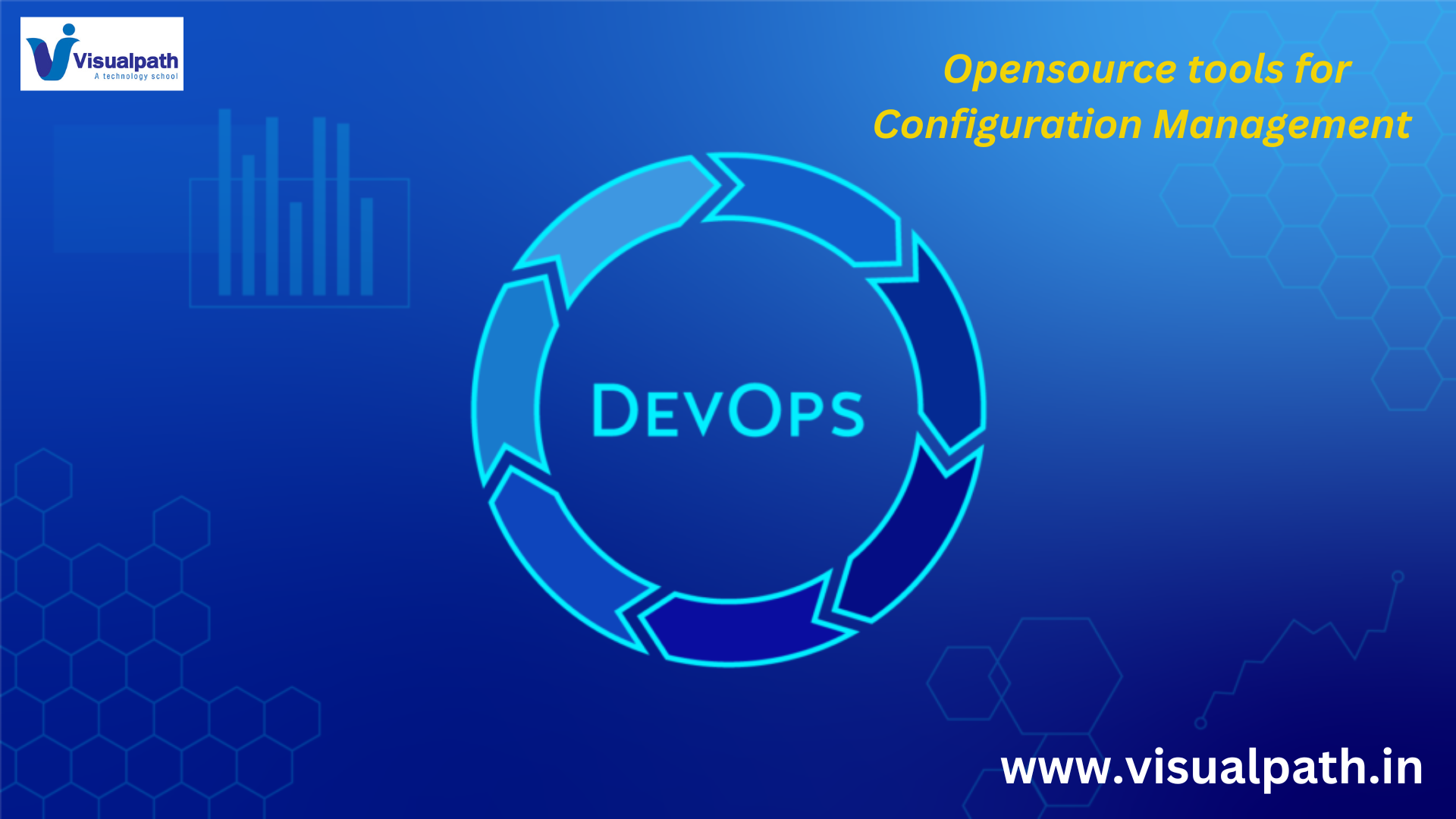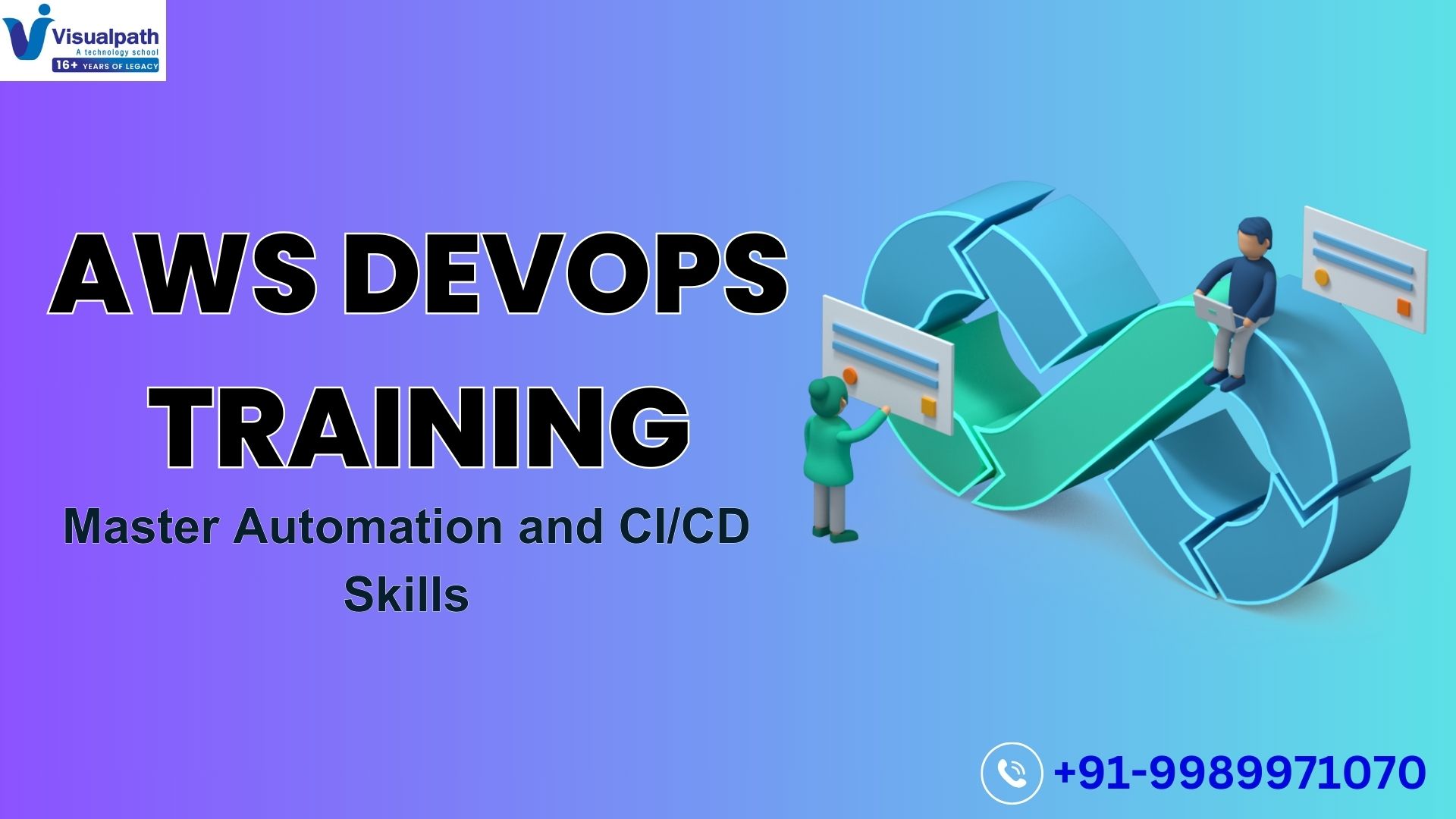DevOps, which merges software development and IT operations to improve collaboration and productivity, has evolved rapidly over the past decade. As organizations strive for faster, more reliable software delivery, the integration of artificial intelligence (AI) and machine learning (ML) into DevOps practices is poised to be a game-changer. AI-enhanced tools and technologies are not only automating routine tasks but also enabling predictive insights and proactive decision-making. In this article, we will explore how AI is transforming DevOps and what the future holds for this dynamic field.
The Role of AI in DevOps
AI and ML are being integrated into various aspects of DevOps, from continuous integration and continuous delivery (CI/CD) pipelines to monitoring and incident management. The core advantage of AI in DevOps lies in its ability to analyze large volumes of data, identify patterns, and make predictions. This capability is invaluable in optimizing workflows, improving the accuracy of operations, and reducing human intervention.
Key Areas Where AI is Enhancing DevOps:
- Intelligent Automation: AI-driven automation tools are capable of automating repetitive tasks, such as code testing, deployment, and infrastructure management. Unlike traditional automation, which follows predefined scripts, AI-powered tools can learn from past actions and adapt to new scenarios. This intelligent automation reduces the need for manual intervention and minimizes the risk of human error.
- Predictive Analytics: AI can analyze historical data to predict potential issues before they occur. For example, by analyzing patterns in application logs and performance metrics, AI can forecast potential system failures or performance bottlenecks. This predictive capability allows teams to take proactive measures, such as scaling resources or applying patches, to prevent downtime. DevOps Training
- Enhanced Monitoring and Incident Management: AI-enhanced monitoring tools can detect anomalies in real-time and correlate them with potential root causes. This accelerates the incident response process, enabling teams to quickly identify and resolve issues. Additionally, AI can prioritize incidents based on their potential impact, helping teams focus on the most critical problems first.
- Optimized CI/CD Pipelines: AI can optimize CI/CD pipelines by automatically selecting the best configuration for builds, tests, and deployments. By analyzing data from past builds, AI can recommend the most efficient workflows and detect bottlenecks that slow down the pipeline. Software releases become quicker and more dependable as a result. AWS DevOps Training
- Resource Optimization: AI-driven tools can optimize resource allocation by predicting usage patterns and scaling infrastructure accordingly. This is particularly valuable in cloud environments, where resource costs can fluctuate based on demand. By optimizing resource utilization, AI can help organizations reduce costs and improve performance.
AI-Enhanced DevOps Tools and Technologies
Several AI-enhanced tools are already making a significant impact in the DevOps space. Here are some notable examples:
- AIOps Platforms: AIOps (Artificial Intelligence for IT Operations) platforms use AI and ML to enhance IT operations, including monitoring, automation, and service management. Tools like Spunky, Dynatrace, and Moogsoft analyze data from various sources to provide real-time insights, detect anomalies, and automate incident responses.
- Intelligent Test Automation: Tools like Mabl and Functionize use AI to automate the testing process, from creating test scripts to analyzing test results. These tools can adapt to changes in the codebase, making them more resilient to changes in the user interface or application logic. DevOps Online Training
- Predictive Analytics and Monitoring: Platforms like New Relic and Datadog leverage AI to provide predictive analytics and proactive monitoring. They can predict performance issues, recommend optimizations, and even automate remediation actions.
- ChatOps and Virtual Assistants: AI-powered chatbots and virtual assistants are being integrated into DevOps workflows to streamline communication and automate routine tasks. For example, tools like Slack and Microsoft Teams can integrate with AI assistants to provide real-time notifications, answer queries, and trigger automated workflows.
- Automated Code Review: AI tools like DeepCode and Codacy analyze code for potential issues, such as bugs, security vulnerabilities, and code quality concerns. These tools can learn from past code reviews to improve their accuracy and provide more relevant suggestions.
It is anticipated that as AI technologies advance, their influence on DevOps will increase. Here are some trends and predictions for the future of AI-enhanced DevOps:
- Increased Adoption of AIOps: As organizations generate more data and the complexity of IT environments increases, the adoption of AIOps platforms is expected to rise. These platforms will play a crucial role in automating IT operations and improving decision-making.
- AI-Driven Security: AI will become an integral part of DevSecOps (Development, Security, and Operations), helping teams detect and respond to security threats more effectively. AI-driven security tools can analyze data for suspicious patterns, identify vulnerabilities, and automate security responses. AWS DevOps Online Training
- Enhanced Collaboration and Communication: AI-powered collaboration tools will improve communication and coordination among DevOps teams. Virtual assistants and chatbots will become more sophisticated, providing real-time insights and automating routine tasks.
- Personalized Developer Experience: AI will enhance the developer experience by providing personalized recommendations, such as code snippets, best practices, and learning resources. This will help developers improve their skills and productivity.
- Continuous Improvement and Learning: AI-enhanced tools will continuously learn from past data and improve their accuracy and effectiveness. This will lead to more reliable and efficient DevOps processes over time.
Conclusion
The integration of AI into DevOps is transforming the way organizations develop, deploy, and manage software. AI-enhanced tools and technologies are driving efficiency, improving decision-making, and enabling proactive management of IT operations. As the field continues to evolve, the adoption of AI in DevOps is expected to grow, offering new opportunities for innovation and optimization. Organizations that embrace AI-enhanced DevOps will be better positioned to meet the demands of the rapidly changing digital landscape and deliver high-quality software at scale. AWS DevOps Course Online Hyderabad
Visualpath is the Leading and Best Software Online Training Institute in Hyderabad. Avail complete DevOps Training Worldwide. You will get the best course at an affordable cost.
Attend Free Demo
Call on – +91-9989971070




